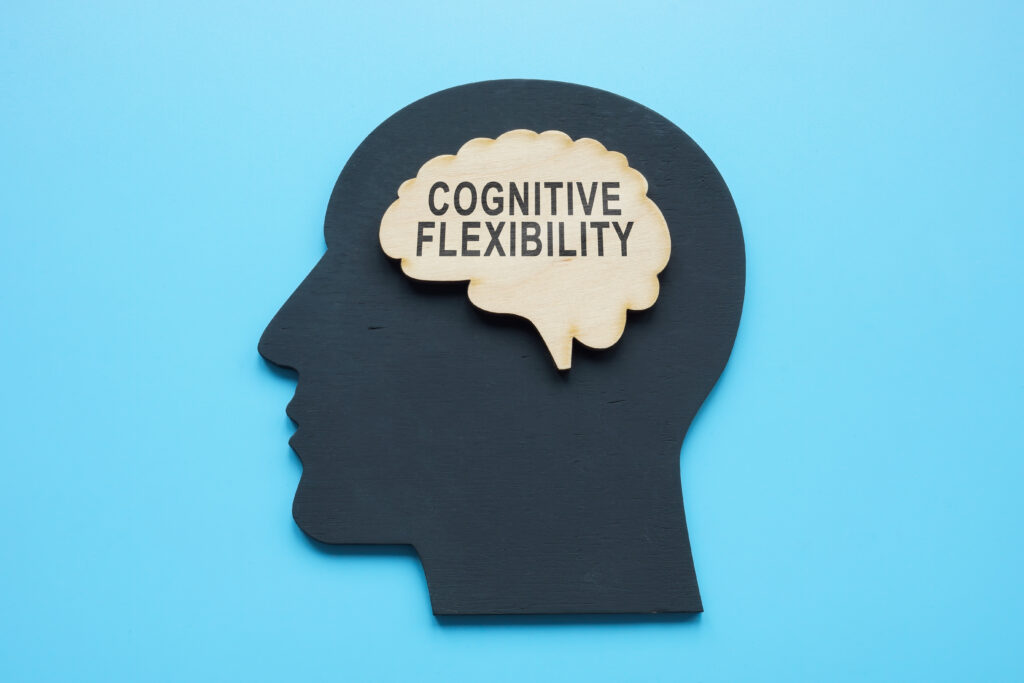Dementia is a general term used to describe a decline in mental ability that is severe enough to interfere with daily life. It is not a specific disease, but rather a group of symptoms that are caused by various diseases and conditions that affect the brain. It is most commonly associated with old age, but it is not a normal part of the aging process.
Ano ang dementia? In simple terms, it means “what is dementia?” in Tagalog. To better understand this condition, let us dive deeper into its causes, symptoms, and available treatments.
Causes of Dementia
One of the major causes of dementia is Alzheimer’s disease, which accounts for 60-80% of all cases. This disease is caused by abnormal protein deposits in the brain, which leads to the death of brain cells and a decline in cognitive function.
Other causes include vascular dementia, which occurs when there is damage to the blood vessels in the brain, and Lewy body dementia, which is caused by abnormal protein deposits called Lewy bodies in the brain. Head injuries, infections, and certain medications can also contribute to the development of dementia.
Symptoms of Dementia
The symptoms of dementia can vary depending on the cause and stage of the disease. However, there are some common symptoms that may indicate the presence of dementia. These include memory loss, difficulty performing familiar tasks, confusion about time and place, difficulty communicating, changes in mood and behavior, and difficulty with problem-solving and decision-making.
It is important to note that everyone experiences dementia differently, and symptoms may progress at different rates for each individual.
Diagnosis and Treatment
If you or a loved one is experiencing symptoms of dementia, it is important to seek medical help for a proper diagnosis. A doctor will perform a series of tests, including a physical exam, cognitive tests, and imaging tests, to determine the cause and severity of the dementia.
Unfortunately, there is currently no cure for most types of dementia. However, there are treatments available that can help manage symptoms and improve quality of life. Medications may be prescribed to control symptoms such as memory loss and agitation. Therapy, both physical and cognitive, can also be beneficial in managing symptoms and maintaining independence for as long as possible.
Caring for Someone with Dementia
If you have a loved one with dementia, it can be challenging to see them struggle with the disease. However, there are ways to provide support and care for them. Some tips include maintaining a routine, using memory aids such as calendars and notes, and providing a safe and comfortable environment.
It is also important to practice good self-care as a caregiver, as this can be emotionally and physically demanding. Seek support from family and friends, and consider joining a support group to connect with others who are going through a similar experience.
In Conclusion
Dementia is a complex condition that impacts millions of people worldwide. It is important to remember that having dementia does not define a person, and they should be treated with respect and dignity. With early diagnosis, proper treatment, and support from caregivers and loved ones, individuals with dementia can continue to live fulfilling lives.


